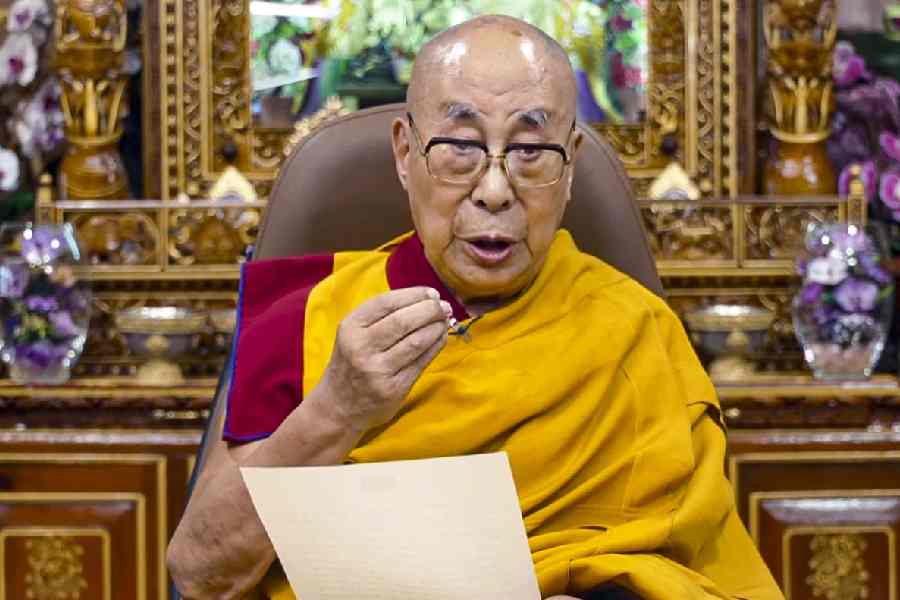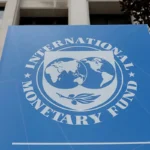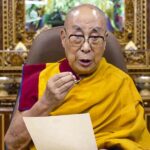
Tensions Flare Over Successor Choice
China has intensified its stance that any future Dalai Lama must be approved by the Chinese government. At a July 2 press briefing, Foreign Ministry spokesperson Mao Ning emphasized that key religious figures, including the Dalai Lama and Panchen Lama, must be selected using the Qing dynasty’s “golden urn” ritual and formally endorsed by Beijing. This rigid position directly clashes with the Tibetan spiritual leader’s recent assertion that the authority to pick his successor lies solely with his own religious trust.
Dalai Lama Reaffirms Spiritual Authority
Just ahead of his 90th birthday, the 14th Dalai Lama made a definitive declaration: the Gaden Phodrang Trust, which he established, holds exclusive rights to recognize the next reincarnation. He reaffirmed that no outside entity, including China, has the legitimate authority to interfere. He also hinted that his successor will likely be born outside China, possibly in a “free world,” a continuation of earlier warnings meant to circumvent Beijing’s influence.
A Century-Old Ritual Meets Modern Politics
China’s insistence references a centuries-old practice: the “golden urn” selection method introduced during the Qing dynasty’s 1793 decree. This system requires potential reincarnations to be identified from among candidates and then selected through a lot system, under state oversight and ultimately controlled by Beijing. The 2007 Measures on the Management of Living Buddhist Reincarnations further codified this process, mandating government approval and restricting recognition to those born within Chinese jurisdiction.
Exile and Global Backing
In contrast, the Dalai Lama, living in exile since 1959, clearly stated his reincarnation would be determined following “centuries-old religious traditions” and consultation with senior Buddhist leaders across the global Tibetan diaspora. This path rejects political oversight and echoes his repeated rejection of Beijing’s involvement. He has emphasized that any successor chosen under Chinese auspices would lack legitimacy and recognition among Tibetans worldwide.
India Stands Firmly With Tibet
India, home to the Tibetan government-in-exile, immediately voiced strong support for the Dalai Lama’s exclusive spiritual authority. Minority Affairs Minister Kiren Rijiju reinforced that succession traditionally lies with the Dalai Lama and Tibetan religious systems, not with any external power. This backing highlights India’s strategic and cultural alignment, despite sensitive diplomatic tensions with China.
Ripples Across the Tibetan Community
Amid growing uncertainty, Tibetan exiles are grappling with a landmark moment. Many rely on the Dalai Lama’s leadership as both a spiritual anchor and symbol of cultural identity. His announcement that the lineage will continue after him offers solace, preserving a centuries-old tradition fraught with political implications.
What China Fears, and Plans
Beijing’s determination stems from concerns about losing influence over Tibetan Buddhism. Having previously installed its own Panchen Lama in 1995, China remains wary of a rival Dalai Lama emerging beyond its control. The Chinese government continues to view the Dalai Lama as a political separatist, citing religious regulations to legitimize its oversight, but critics argue this is a tool to enforce ideological conformity.
The Stakes: Spiritual vs. Political
The conflict over succession is more than a religious disagreement, it’s a cultural and geopolitical flashpoint. Should two Dalai Lamas emerge, one endorsed by Beijing, another by Tibetan Buddhists in exile, it could deepen the schism across communities. Many analysts argue that a Beijing-backed incarnation would lack credibility, even inside Tibet.
International Attention Grows
The Tibetan succession issue has captured global attention. The 2024 Tibetan Policy and Support Act in the U.S. asserts that Tibetan Buddhists, unchecked by Chinese interference, should choose their spiritual leaders. Meanwhile, global rights groups and democratic governments caution that Beijing’s deepening control over Tibetan religious practices threatens cultural and religious freedom.
Looking Toward an Uncertain Future
The Dalai Lama’s announcement has set the stage for a protracted confrontation. Beijing is expected to rigorously uphold its laws, insisting any recognized Dalai Lama come from within Chinese authority. Meanwhile, the Tibetan exile community is preparing to counter with its own traditional mechanism, though it may be decades before the successor is born, recognized, and ascends.
Why This Matters
The outcome will profoundly affect Tibetan religious continuity, cultural identity, and geopolitical dynamics. A successor nominated by China could deepen cultural assimilation efforts, while one endorsed by exile communities might fortify resistance and international support. At its core, the issue intersects faith, sovereignty, and human rights, and its resolution will echo well beyond the Himalayan plateau.




































Leave a Reply